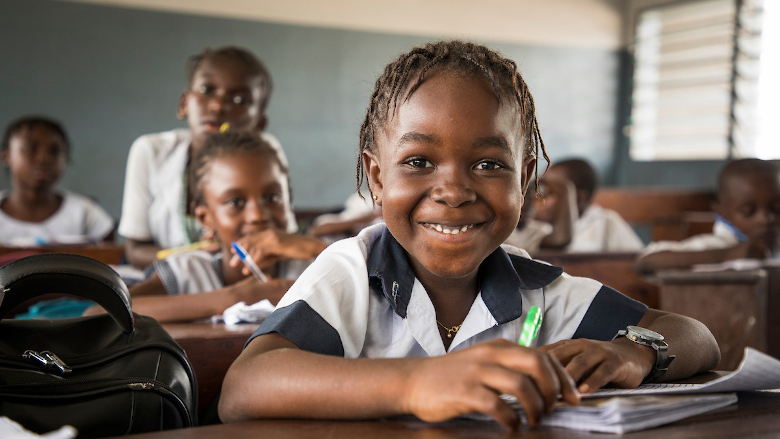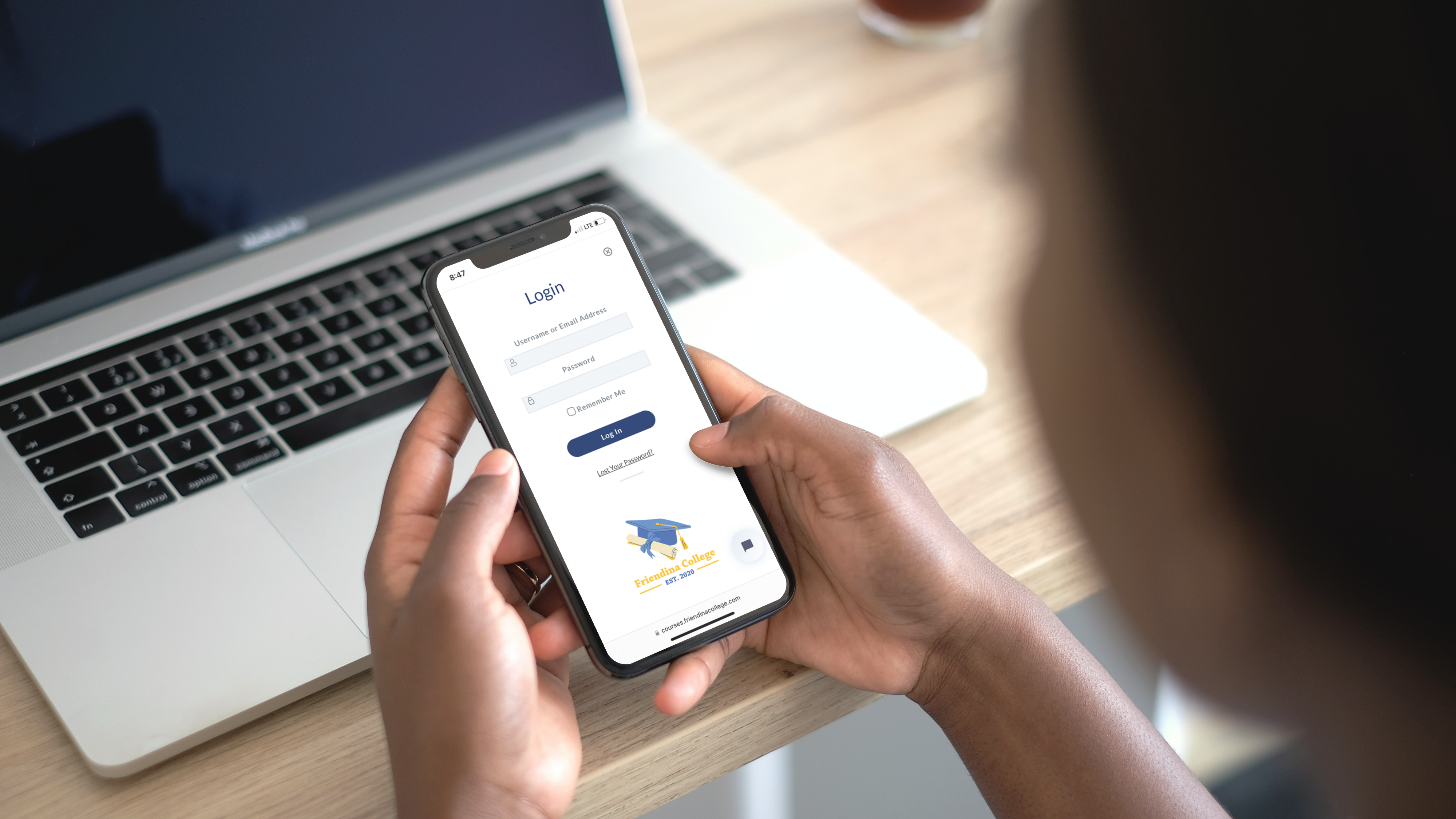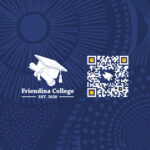Business Plan: School Project
EXECUTIVE SUMMARY
I was in Nairobi on April 30, 2020, when my colleagues and I held our first Board Meeting remotely amid the COVID-19 pandemic. The next series of meetings we held gave us more closures on what we wanted to do and two weeks prior to the launching date, I flew to Kinshasa, the Democratic Republic of Congo, to work on the final preparations for the launch of Friendina College as a professional training company on Saturday, August 22, 2020.
This name came from the English sentence “friend in a college” and embedded our aim of growing from a simple training center to an actual school in the years to come. And ever since, we have grown to become an internationally-trusted institution for professional and language training programs, currently providing these to 11,509 people, having made deals with 27 companies to train their staff in 36 countries globally (footprint categorized by respective languages: 24 French-speaking nations, 11 English-speaking nations, and 1 Portuguese-speaking nation).
And today, we aim to growing the other branch of our company, which is to opening a school (named Friendina College) in Kinshasa, the Democratic Republic of the Congo by following the norms and standards of the American and Canadian education which merge with the Congolese education system to offer a hybrid profile, in order to offer superior quality education.
This school will be aimed at students aged 3 to 18, from nursery to primary and secondary education levels, who are looking to receive quality education at a reasonable price. Our products will be suitable for the Congolese, Canadian, and American education systems. Which gives a wide range for parents who will entrust us with their children. This will also allow possible partnerships with schools in these two countries, which will attract the sympathy of parents. We target three levels of training:
- Kindergarten or Nursery school, locally known as “École Maternelle” in the French language, for 3 to 6-years old students.
- Primary school, locally known as “École Primaire” in the French language, for 6 to 12-years old students.
- Secondary or high school, locally known as “École Secondaire” in the French language for 12 to 18-years old students.
Friendina College
Inspiring Excellence, Building Futures.
The Congolese Market
Located in the center of the sub-Saharan Africa, the Democratic Republic of the Congo (also referred to as Congo, Congo-Kinshasa or DRC) has a population of over 103 million inhabitants who, mostly, are young of age (6 to 18). As reported by the USAID, recent strides in increasing school enrollment has enabled more than 4.5 million children to join school, with free primary education that has become a reality.
Despite all the reforms by the Government, over 4 million children aged 9-14 remain out of school. National and regional data indicate that 67% of children who enter first grade will complete sixth grade and only 3.4% of ten-year-olds can read a simple text with comprehension. Significant disparities persist between geographic zones, socioeconomic groups, and genders – with girls’ enrollment dropping off more sharply than boys’ after primary school all over the Democratic Republic of the Congo.
With all these facts, the demand for quality education is growing in the Democratic Republic of the Congo, driven by an increasing awareness of the importance of education and changing societal needs. The boiling capital of the Democratic Republic of the Congo, called Kinshasa, home to over 15 million people, is set to house this first phase of the project, before extending elsewhere. Our target market includes families seeking an alternative to traditional schooling, as well as parents who value personalized education and holistic development for their children.

What makes us different?
While there are several schools in the Democratic Republic of the Congo that are descent, good, and great, especially in its capital city that is called Kinshasa, our school (named Friendina College) will differentiate itself by offering:
Our Approach
Our student-centered approach to learning will be focusing on individual needs and interests. We will adopt an hybrid educational system between the Congolese, Canadian, and American curriculums.
Our Culture
We put a strong emphasis on character education and social-emotional learning for our students.
Our Teaching Methods
Innovative teaching methods that promote critical thinking, creativity, and problem-solving skills, with one of the major changes in the local education system we are planning to bring being e-learning.
Our Management
Small class sizes and personalized attention to ensure the success of every student.
What makes us different?
While there are several schools in the Democratic Republic of the Congo that are descent, good, and great, especially in its capital city that is called Kinshasa, our school (named Friendina College) will differentiate itself by offering:

What makes us different?
While there are several schools in the Democratic Republic of the Congo that are descent, good, and great, especially in its capital city that is called Kinshasa, our school (named Friendina College) will differentiate itself by offering:

How will we do it?
Friendina College will be located in Kinshasa, with state-of-the-art facilities including classrooms, science labs, libraries, and outdoor recreational areas. The school will operate on a year-round calendar, with flexible scheduling options to accommodate the needs of students and families.

We ensure that our school is registered and authorized to the required educational standards. Authorizations are obtained from the Ministry of National Education (Primary, Secondary and Technical) in Kinshasa, Democratic Republic of Congo. The different documents to have before we can open our doors are:
- The Ministerial Decree (which is signed by the Minister himself).
- The Notification is signed by the Secretary General of the Ministry of National Education.
These authorizations depend on the city of operation, the options and subjects to be organized, the different degrees and age groups. Registration is done at the level of state, county, and local education services in the Democratic Republic of Congo, which often is the Provincial Divison of Education (locally known as “Division Provinciale de l’Enseignement” in the French language) or the Provincial Ministry of Education (known as “Ministère Provinciale de l’Enseignement” in the French language) or any other local service having in its remit Nursery, Primary and Secondary education).
Qualified teachers will be recruited to ensure quality education using our updated and hybrid curriculum based on international standards. The good quality of education offered always rhymes with the quality of the teaching staff that we will recruit. Recruitment will take into account the training offer available and the skills of the teachers to be recruited.
Not to be confused with diplomas, but skills first and papers later. Training must be organized, according to the areas of expertise and according to the levels, to capacitate the recruited teaching staff, in order to align them according to the defined objectives.
In today’s rapidly changing world, education needs to adapt to prepare students for the challenges and opportunities of the future. An innovative school curriculum goes beyond traditional methods to provide a dynamic and engaging learning experience that fosters critical thinking, creativity, collaboration, and adaptability. And for as far as we are concerned, we will adopt a mixture of the Congolese, Canadian, and American curriculums to provide superior quality education to our students. This curriculum is designed to equip students with the knowledge, skills, and mindset they need to thrive in a complex and interconnected world. [read more about curriculums here]
We will ensure that the school infrastructure is up to international standards in education. [read more about our infrastructure policy here]
We will equip our school with modern technologies to ensure advanced and practical learning. [read more about equipment here]
We will target schools and training institutions at all different levels that we organize in both countries for twinning and exchange of experiences. [read more about partnerships here]
We will continually ensure the improvement of our curriculum by following the latest developments in the field of education. Research and development programs have become a vital part of improving education in schools.
In the Democratic Republic of the Congo, our students will benefit from the continuous improvement of our curriculum through the implementation of the latest advances in education. We will also monitor the developments in the Canadian and American schools to ensure we remain current and competitive in our educational approach.
The research and development’s goal in the education sector is to enable educators to develop new approaches, techniques and methodologies that will improve our student learning. Our teachers will be encouraged to work together, to share knowledge and experiences with the goal of improving the curriculum and providing quality education to our students.
In summary, we believe that research and development in education is essential for continued growth and improvement of our curriculum. We will continue to monitor the latest developments in the field of education, not only in the DRC but also in neighboring countries, in order to provide our students with quality education that prepares them for success in life.
How will we market the school?
Kinshasa is home to some giant billboards and marketing agencies in the country, and to attract students and build awareness of our school in this city, we will work with all these marketing companies to implement our marketing strategies as follows:

- Open Houses and Tours
We will organize regular open houses and campus tours for prospective families to experience the school firsthand. Offer personalized tours for families who cannot attend scheduled events.
- Targeted Marketing Campaign
We will launch a targeted marketing campaign with catchy ads on billboards, brochures, flyers, newspapers, posters, television and radio channels, social media platforms, etc., highlighting the school’s key features and achievements.
- Partnerships & Aid
We will partner with local community organizations and businesses to promote our school in Kinshasa. But we also will be offering scholarships and financial aid to students from low-income families.
How can you get INVOLVED?
Friendina College is committed to providing a high-quality education that prepares students for success in a rapidly changing world. With a focus on innovation, inclusivity, and excellence, we aim to become a leading educational institution in the region. By implementing these elements, we will open a school with the Canadian and American norms and standards that provide superior quality education. We are confident that our project will be a success and that we will be able to provide better education for future generations.
The establishment of Canadian and American norms and standards for the school we want to open is essential to ensure high quality education. By aiming for such a standard, we can ensure that our students will be able to compete with the best students in the world. Additionally, our commitment to excellence in education means that we will strive to find the best teachers and educators to work with our students. We are confident that these top quality teachers will be able to give our students the best education imaginable.
We believe our project will be a success because of our commitment to quality, as well as the enthusiasm and involvement of our team members. We are committed to providing future generations with a high-quality education, as we believe it will have a positive impact on the future of our community.

Are you interested in the project? Reach out to us today via email at business@friendinacollege.com and our team will revert back to you immediately with the next steps. The return on such an investment is incredible, but also bringing this school to life is equivalent to giving hope to millions of young Africans whose entrepreneurial spirit is on the rise.
What is the cost?
The initial investment required to establish Friendina College is estimated at US$1,821,530.00 (taxes included). Revenue will primarily come from tuition fees, with additional income generated from fundraising events, donations, and grants. We project a steady increase in enrollment and revenue over the next five years, with a goal of achieving financial sustainability by year three.

